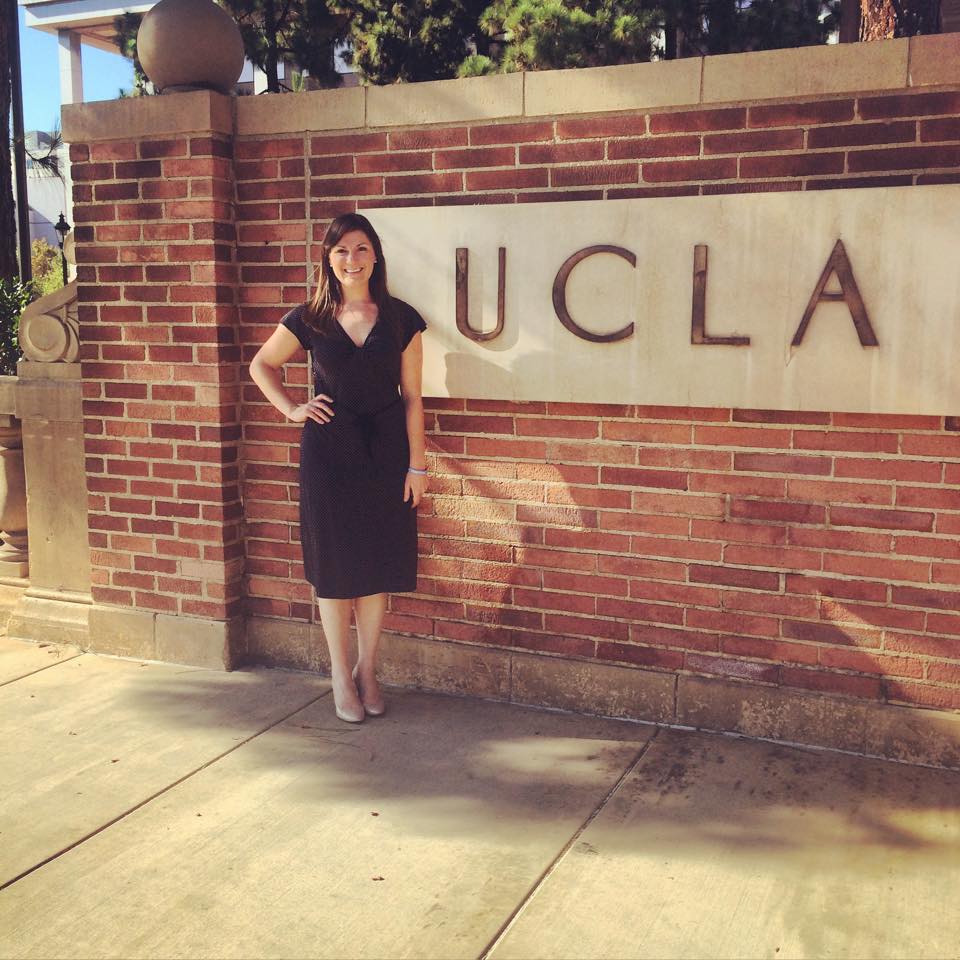Narcolepsy Presentations at UCLA Med School 2015 – “A learning experience for both medical students and seasoned physicians.”
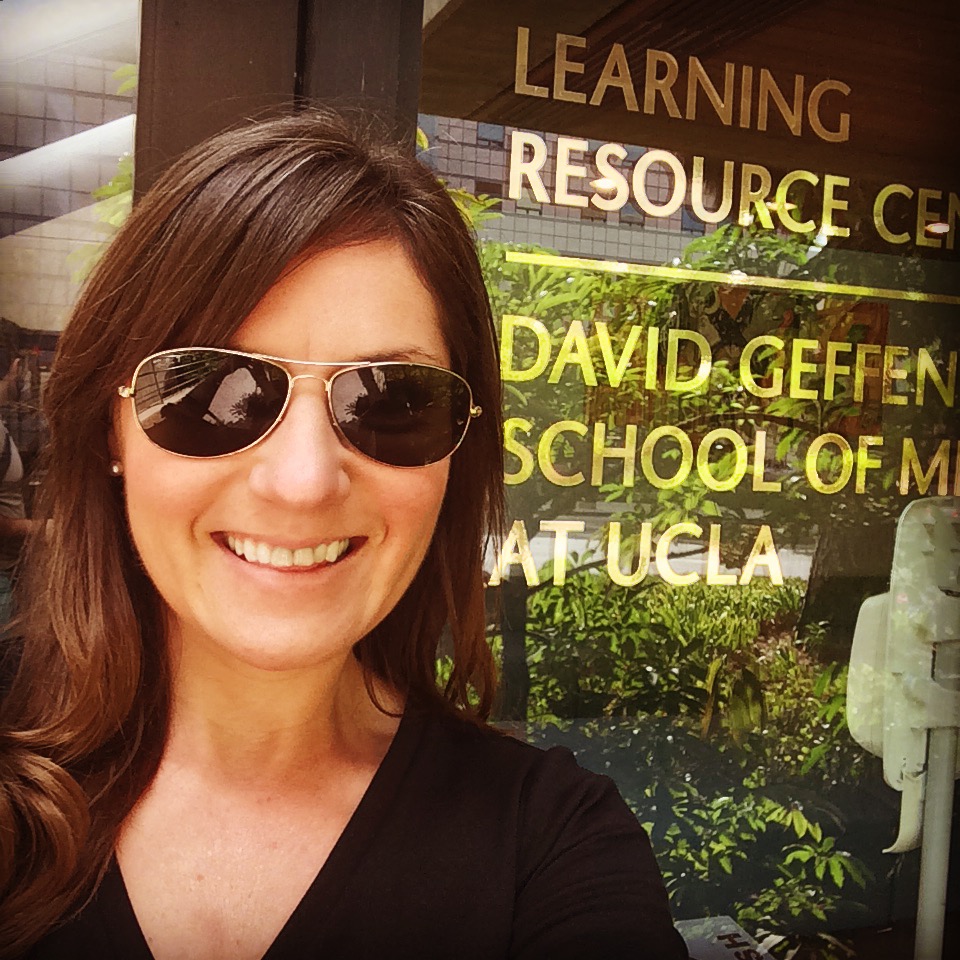 On Sept. 1 – 3, I had the extraordinary opportunity to speak at UCLA Medical school three nights in a row, sharing my inspiring narcolepsy journey with 120 first-year medical students and a dozen faculty members. The first-year students were just days into their medical education – energetic and eager to learn!
On Sept. 1 – 3, I had the extraordinary opportunity to speak at UCLA Medical school three nights in a row, sharing my inspiring narcolepsy journey with 120 first-year medical students and a dozen faculty members. The first-year students were just days into their medical education – energetic and eager to learn!
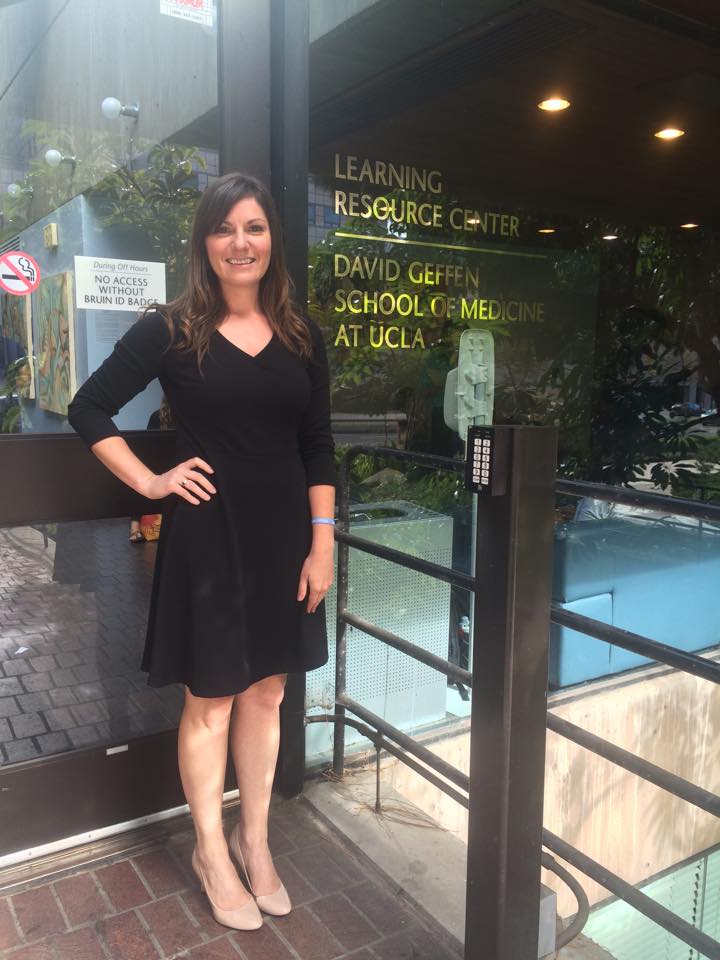 I spoke as part of the students’ required “Home Visits Program”, in which patients and families from the community volunteer to share what it’s really like to live day-to-day with a serious health condition. I’d spoken at UCLA medical school in January 2014, so I was thrilled to be invited back.
I spoke as part of the students’ required “Home Visits Program”, in which patients and families from the community volunteer to share what it’s really like to live day-to-day with a serious health condition. I’d spoken at UCLA medical school in January 2014, so I was thrilled to be invited back.
To arrive at UCLA by 5:00 p.m., I adjusted my work schedule to leave work by 3:30 p.m. My boss was SO supportive. As I left work the first day, my boss said, “I’d wish you luck, but you don’t need it. So just keep being awesome.”
Keep being awesome. Her words kept me smiling for the cross-city trek from City of Hope to UCLA.
Arriving at UCLA, I wasn’t nervous at all. I love speaking to medical students. I was about their age when my symptoms developed and had somewhat of a similar “life-trajectory” planned for myself. I like to think this helps the students empathize with my story and understand just how unwelcome narcolepsy was at this stage of my life.
One faculty member, Dr. Goldenhersh, shared this kind comment after my presentation:
“Julie’s presentation was educational and inspirational. Her candor provided us a unique window into the personal day-to-day struggles, triumphs, and many ‘ripple effects’ of dealing with narcolepsy and cataplexy. Her self advocacy is to be greatly applauded. This was a learning experience for both medical students and seasoned physicians.” – Margaret J. Goldenhersh, M.D.
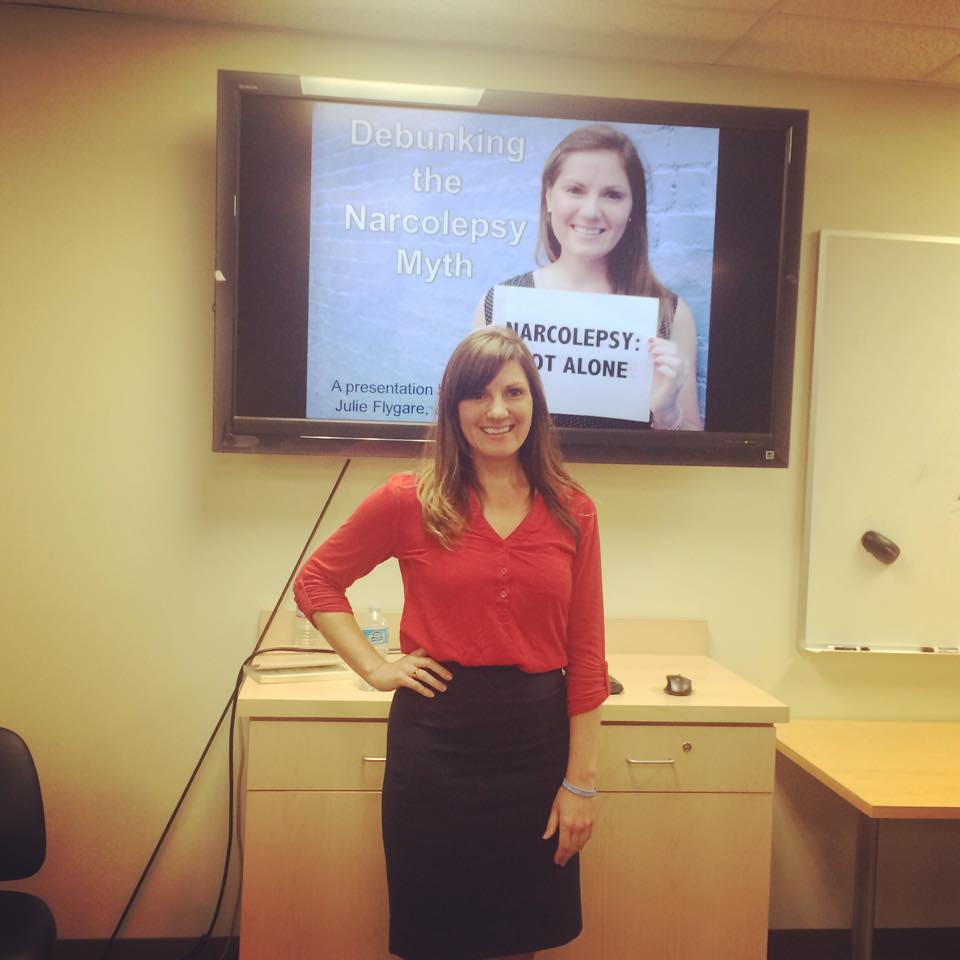 On the last night, I mentioned the Spoon Theory. None of the med students had heard of it, so I explained and by the end of the presentation, everyone was talking in spoons! Yay. Sometimes it seems that medical professionals and patients speak different languages. The Spoon Theory is an amazing tool to bridge this gap, so even if the students learned nothing else from me, this will be a meaningful tool to help them help patients in the future.
On the last night, I mentioned the Spoon Theory. None of the med students had heard of it, so I explained and by the end of the presentation, everyone was talking in spoons! Yay. Sometimes it seems that medical professionals and patients speak different languages. The Spoon Theory is an amazing tool to bridge this gap, so even if the students learned nothing else from me, this will be a meaningful tool to help them help patients in the future.
Speaking of spoons, the commute to and from UCLA took a lot of my “spoons” last week. I got home after 8:00 p.m. each night to eat dinner before crashing into bed. In any free moments, I was also finalizing preparations for Project Sleep’s Sleep Walk Tampa Bay with my amazing volunteer event team in Florida. The event took place on Saturday, Sept. 5 and was a HUGE success with over 100 attendees! I mention this just to give a snap-shot of what it’s like for me to work full-time, run Project Sleep and do speaking engagements.
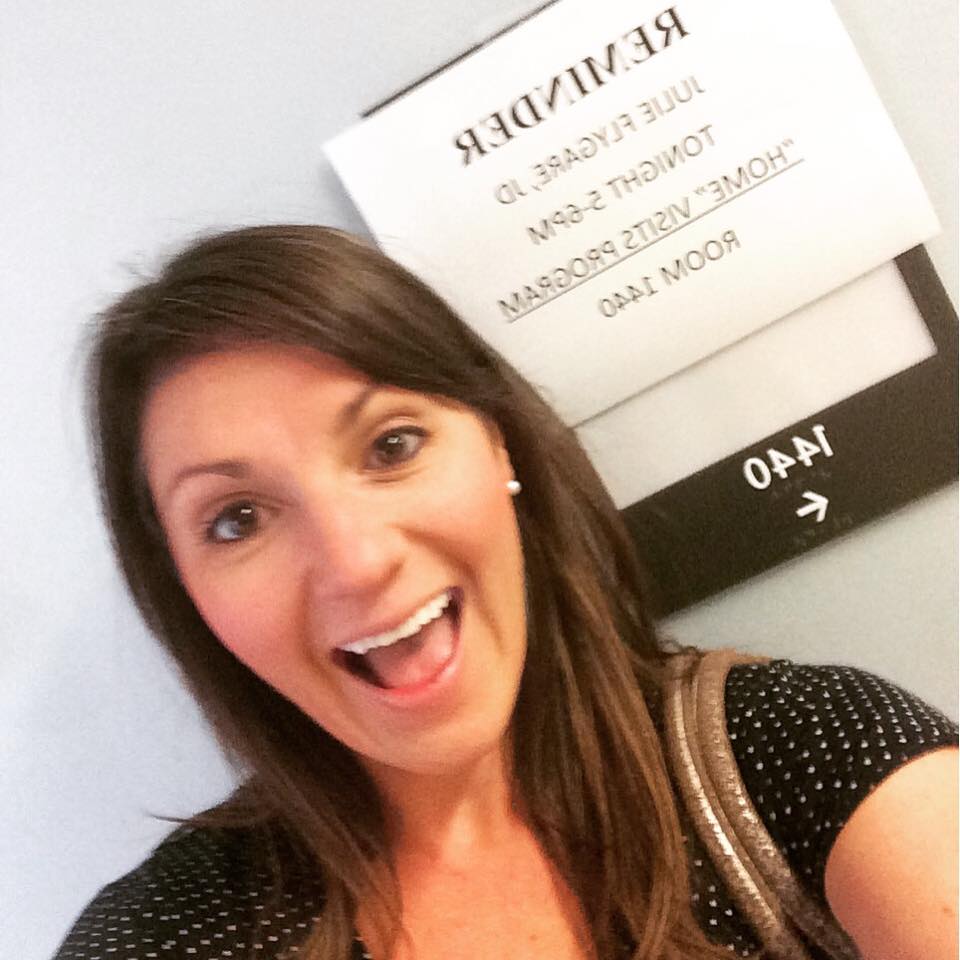 I’d be lying if I said I wasn’t totally exhausted by the end of last week, but it was all well worth it. There is nothing I love more than speaking. Seeing medical students’ eyes well up with tears. Having faculty members approach me to say how much they’d learned. I walked away each night knowing I’d changed perceptions. These are the moments I live for.
I’d be lying if I said I wasn’t totally exhausted by the end of last week, but it was all well worth it. There is nothing I love more than speaking. Seeing medical students’ eyes well up with tears. Having faculty members approach me to say how much they’d learned. I walked away each night knowing I’d changed perceptions. These are the moments I live for.
We still have a long way to go in educating health professionals about narcolepsy, sleep disorders and sleep health, but I’m extremely proud of this ripple of change we’ve started at UCLA Med School.
All of this is thanks to Monika, the program coordinator extraordinaire, who welcomed me back to speak this year. She listened to my presentations all three nights and yet was genuinely excited and actively engaged each time. Monika, you have such intoxicating positive energy and a huge empathetic heart. You’ve done more for our community than I could ever express. Thank you!
Upcoming Speaking Engagements:
- Stanford Medicine X Conference 2015 – Sept. 26, 2015
- UCLA Medical School Second Year Students – Sept. 29, 2015
